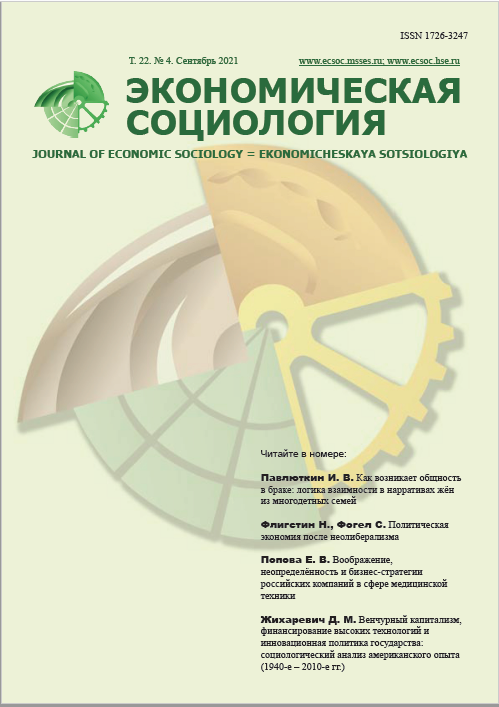Types and Predictors of Career Consciousness among Higher Education Students
Abstract
In this study, we examine the higher education career consciousness of students and explore the factors affecting it. To this, we conducted empirical surveys in five Central and Eastern European countries (N = 2,199). As the literature contains no universal theory of career consciousness or an accepted measurement scale, we used self-developed indicators. Furthermore, instead of applying a psychological theoretical focus, we concentrated on sociological aspects. The first indicator of career consciousness measured the career-oriented motives of students entering higher education. The second reflected on career-related performance indicators during their studies, while the third and fourth indicated voluntary and paid employment undertaken alongside their studies for career-oriented purposes. Our principal component analysis resulted in two types of career consciousness. The first included career-conscious motives at the point of entry into higher education, and the second comprised career-oriented performance and actions during the course of study. The results of a cluster analysis support the existence of two distinct student groups based on the two types. Our regression analysis also shows that the strength of the two types of career consciousness depends on different background variables. Overall, our results imply that those who have career-conscious motives at entry into higher education do not act in a career-conscious way during their studies and that, conversely, those who act in a career-conscious manner during their studies do not have career-conscious motives concerning their entry into higher education. Furthermore, students’ socio-demographic background and training field also variously influence the strength of the two types of career consciousness.













